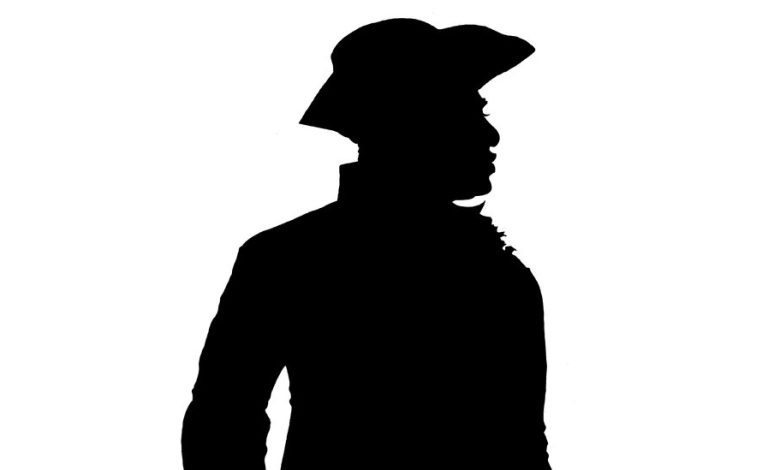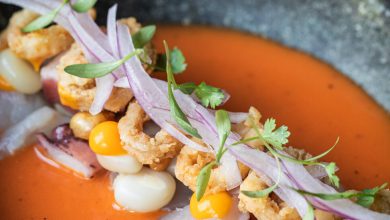Bringing to Light the Cuisine of Hercules Posey, George Washington’s Enslaved Chef

On Feb. 22, 1797, while George Washington celebrated his 65th birthday at a ball in Philadelphia, his celebrated chef, Hercules Posey, slipped from the meager enslaved quarters at Mount Vernon, the president’s Virginia estate. Stepping into the damp night under the light of a waning moon, he found his freedom, only to be lost to history for the next 200 years.
In the six years before his self-emancipation, Posey had worked daily to create what would become the first American diplomatic cuisine, cooking elaborate meals for a variety of events: the President’s weekly congressional dinners, socials given by Martha Washington for the ladies of political society, executive office entertainments and meetings, and Washington’s birthday celebrations.

Edward Savage painted this 18th century painting of Mount Vernon, depicting how the house looked during Washington’s later life. Visitors to the plantation would have first seen this view of the mansion. The cookhouse where Posey worked is barely visible to the left of the main house.Credit…Gift of Edgar William and Bernice Chrysler Garbisch via National Gallery of Art, Washington
Despite his considerable skill, Posey’s contributions to high American cuisine largely remain unknown because of his status as an enslaved person and because a lack of recipes in his own hand makes recreating the particulars of Posey’s culinary genius difficult. A small group of historians are working together to painstakingly research the compelling tale of Posey’s rise, fall and ultimate reinvention as a free man.
Exploring the details of Posey’s cooking is an important way to understand the American story, said Kelley Fanto Deetz, the author of “Bound to the Fire: How Virginia’s Enslaved Cooks Helped Invent American Cuisine.”
“Food is one of the most influential expressions of society and culture. When you add the power dynamics of enslavement and racism, tracing these expressions becomes a vital lens through which to understand the perseverance and creativity of the enslaved chefs,” Dr. Deetz said. “Their food is an essential element of our nation’s history.”





